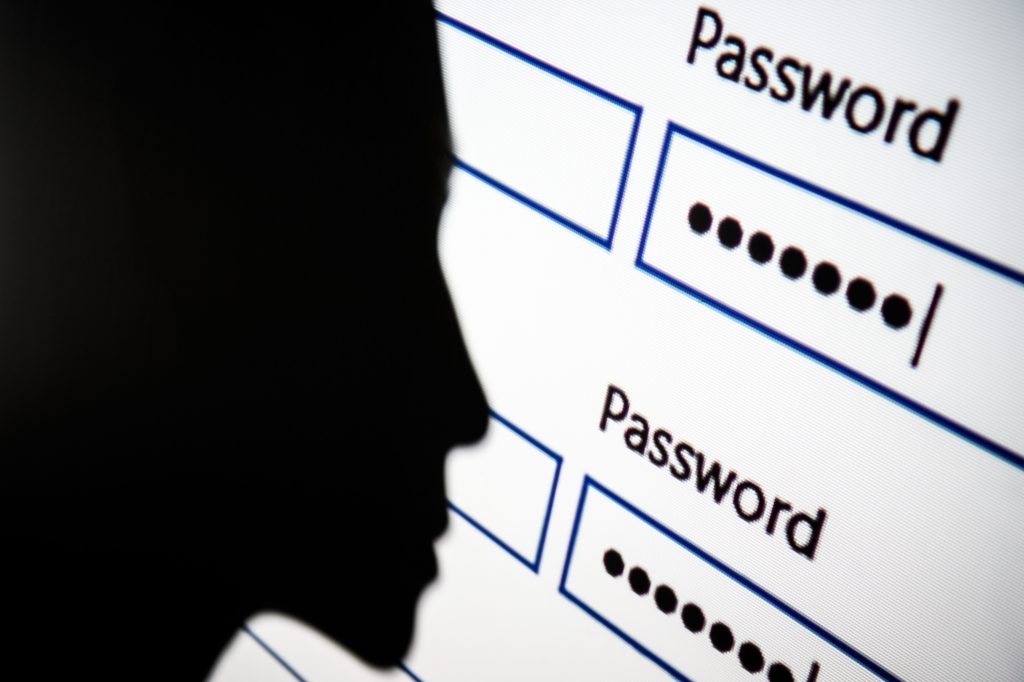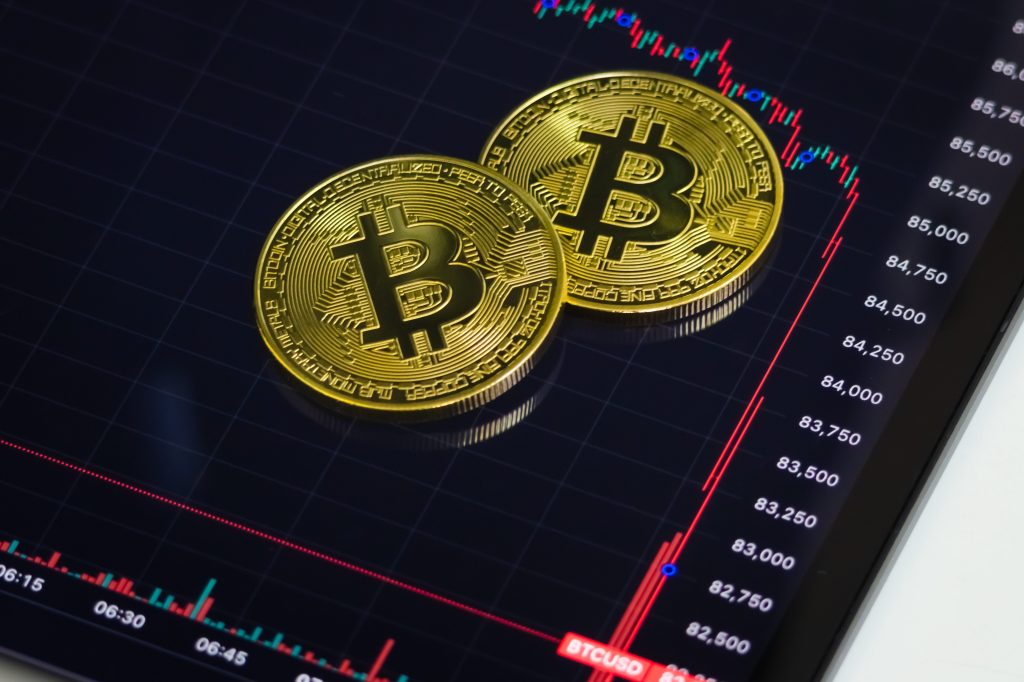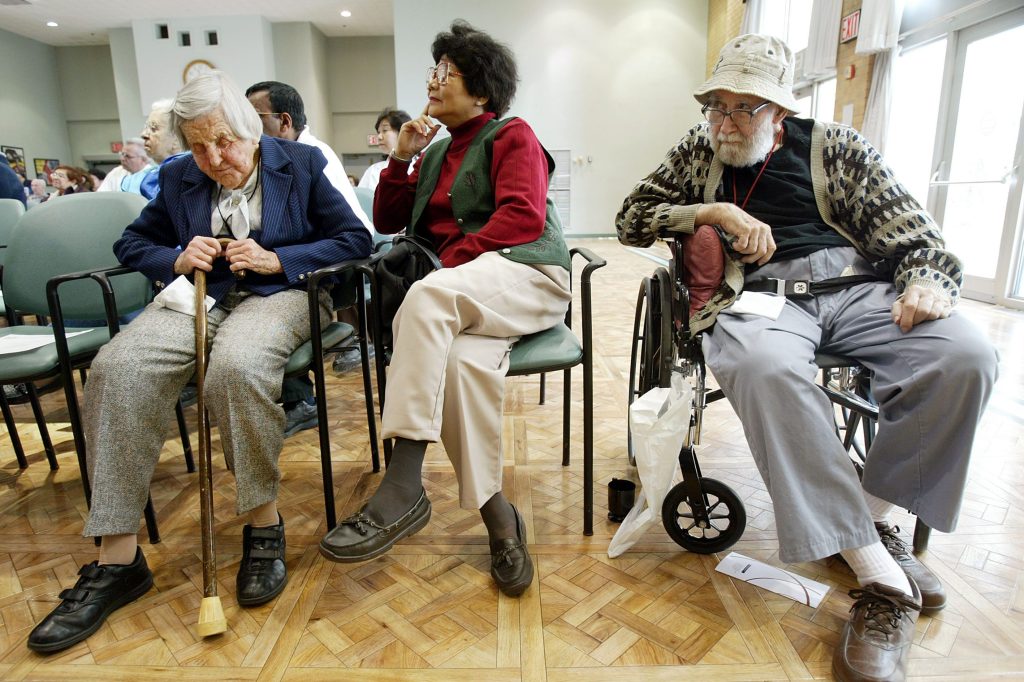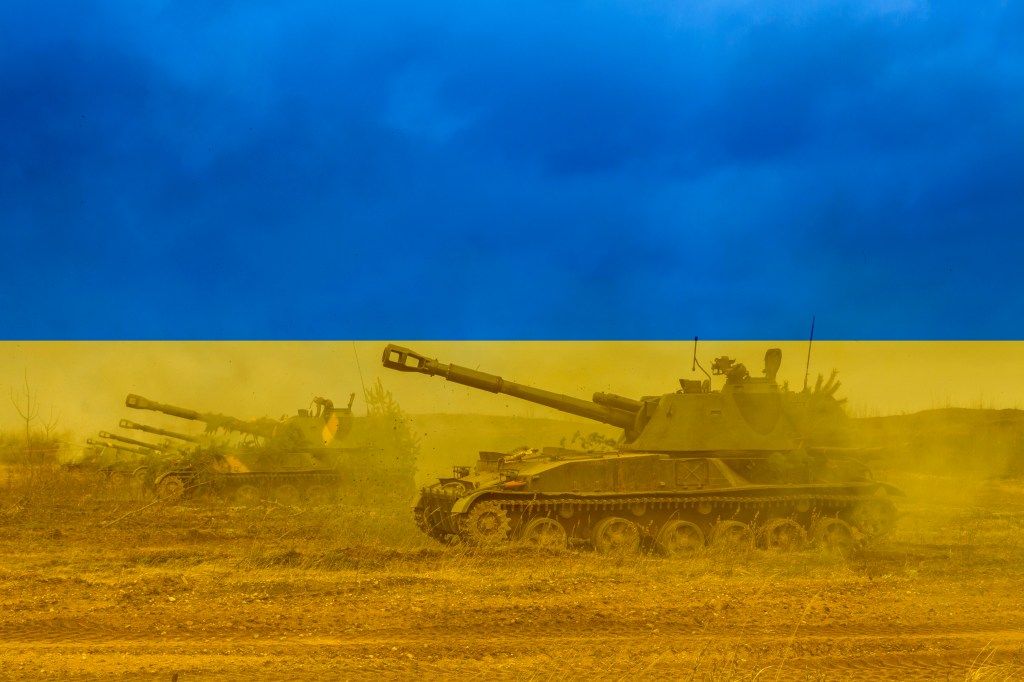The scale and level of coordination with which these measures were implemented were unprecedented. There can be no doubt that they have impacted Russia’s financial strength, overall, and its banking industry in particular. Estimates of the impact of sanctions on Russia’s GDP in 2022 range from a contraction of
Register for free to keep reading
To continue reading this article and unlock full access to GRIP, register now. You’ll enjoy free access to all content until our subscription service launches in early 2026.
- Unlimited access to industry insights
- Stay on top of key rules and regulatory changes with our Rules Navigator
- Ad-free experience with no distractions
- Regular podcasts from trusted external experts
- Fresh compliance and regulatory content every day












